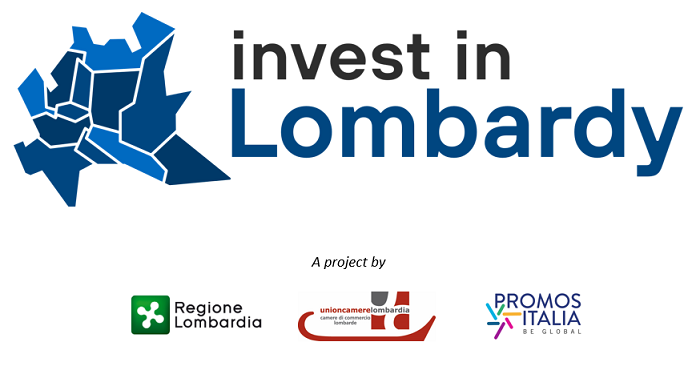Among the many new provisions recently added to the Italian statute books by Legislative Decree 147/2015, known as “the Growth and Internationalization Decree”, one of the most interesting is a new tax-ruling for companies that invest in Italy.
The new instrument was introduced into our legal system in response to investors’ demands for greater clarity on the tax ramifications of planned long-term investments. Thanks to the new procedure, the companies can now ask the Italian Tax Authority to provide a prior opinion on their plans to invest in the Country.
The procedure is open to all enterprises, whether Italy or foreign-based.
In all likelihood, the procedure will be of particular interest to foreign companies, which can thus protect the investments they are planning to make in Italy, as it immunizes them from the risk of disputes with the Tax Authority. In fact, it is clear that the new tax-ruling was designed and introduced with the aim of stimulating investment in Italy by foreign enterprises.
It is important, however, to stress that the opportunity is reserved for medium/large enterprises only. The law sets specific minimum thresholds: investment plans that qualify for prior assessment must have a total value of at least 30 million euro (though this may be staggered over several years).
The tax-ruling has a rather broad scope of application. In seeking a prior opinion from the Italian Tax Authority, potential investors may refer to a very wide range of aspects, that include, without limitation, the following:
- the tax treatment of the investment plan;
- a prior opinion on the absence of tax avoidance;
- access to the national and world tax consolidation system;
- the taxation of dividends and capital gains;
- the VAT implications of transactions.
The opinion sought by the company may even refer to other forms of taxation for which the Tax Authority is not responsible, such as the rates levied by Local Authorities. In this case, of course, the Tax Authority has to turn the company’s request for clarification over to the relevant Local Authorities. Perhaps the most significant feature of the new instrument is that it provides potential investors with a single panoptic view of all the tax implications of their investment plan.
Naturally, the tax-ruling procedure is “preventive” by nature, which means that it must be activated by the interested company before putting its investment plan into effect.
In essence, a company that submits a request to the Tax Authority is seeking a preliminary tax assessment for its investment plan. The investor, whether an Italian or foreign company, must provide its business plan, along with details of the timing and mode of implementation. If implementing the business plan entails extraordinary corporate transactions, such as mergers, spin-offs or asset transfers, the necessary explanations need to be given. Mention should also be made of the expectations for job creation of the investment.
The Tax Authority must make a response within 120 days from the date on which the application for the tax-ruling is made. This term may be extended by a further 90 days if further information is needed.
Naturally, the Tax Authority is bound to the response it gives. Specifically, whatever is explicitly or implicitly approved shall remain binding for as long as the factual and legal circumstances on which the response is based remain unchanged.
It is important to note that if a response is not forthcoming within the foregoing time limit, the principle of tacit consent shall apply, so that with respect to the proposed plan, the interpretation of the tax-rules and the operational solutions put forward by the investor shall be deemed approved.
Written by MGI De Leone-Triunfo-Galloni & Associati


